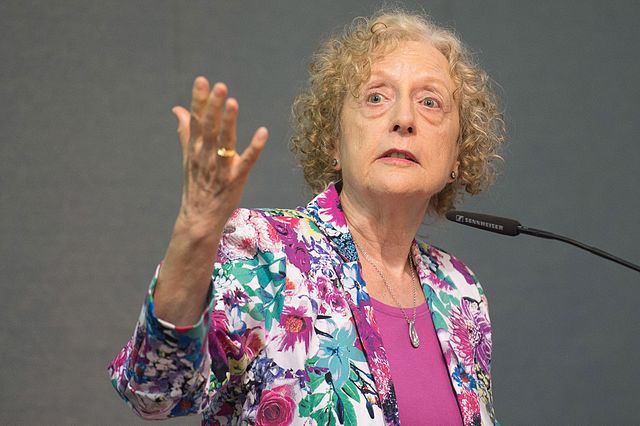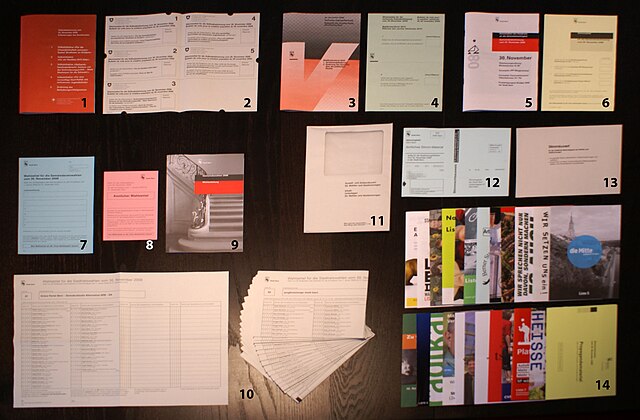Participatory democracy, participant democracy or participative democracy is a form of government in which citizens participate individually and directly in political decisions and policies that affect their lives, rather than through elected representatives. Elements of direct and representative democracy are combined in this model.
Jean-Jacques Rousseau (1712–1778)
John Stuart Mill (1806–1873)
Carole Pateman, an advocate of participatory democracy
James S. Fishkin
Direct democracy or pure democracy is a form of democracy in which the electorate decides on policy initiatives without elected representatives as proxies. This differs from the majority of currently established democracies, which are representative democracies. The theory and practice of direct democracy and participation as its common characteristic was the core of work of many theorists, philosophers, politicians, and social critics, among whom the most important are Jean Jacques Rousseau, John Stuart Mill, and G.D.H. Cole.
A Landsgemeinde, "cantonal assembly", in the canton of Glarus on 7 May 2006, Switzerland. Landsgemeinden are public voting gatherings and are one of the oldest examples of direct democracy.
In Switzerland, with no need to register, every citizen receives the ballot papers and information brochure for each vote and election and can return it by post. Switzerland has various directly democratic instruments; votes are organized about four times a year. Here, the papers received by every citizen of Berne in November 2008 about five national, two cantonal, four municipal referendums, and two elections (government and parliament of the City of Berne) of 23 competing parties to take care of at the same time.
Practicing direct democracy – voting on Nuit Debout, Place de la République, Paris







